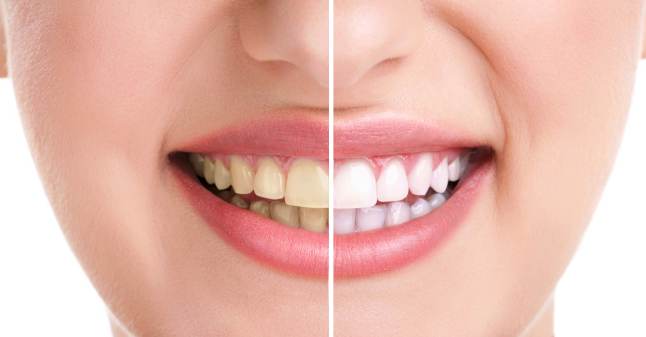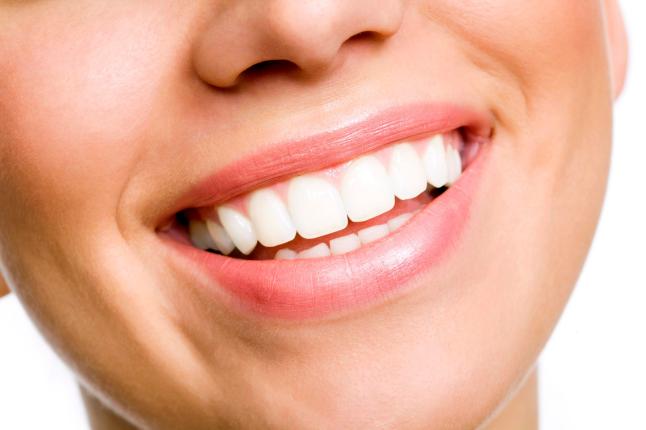Zoom Teeth Whitening – 5 Ways to Prevent and Treat Sensitivity Caused by Teeth Whitening
One of the common side effects of teeth whitening, in both office treatments and home treatments, is tooth sensitivity. While not everyone experiences this side effect, the more often you bleach your teeth, the more likely you are to experience sensitivity and pain. The good news is that there are some ways that you can prevent and even treat problems with sensitivity. If you’re ready to try teeth whitening Melbourne, follow these helpful tips to make sure you work to prevent sensitivity and then treat it if you do experiencing some problems with sensitivity in the future.
Way #1 – Avoid Whitening Too Often

To prevent tooth sensitivity cause by teeth whitening, it’s important to avoid whitening your teeth too often. The more you continue to whiten your teeth, the more likely you are to experience sensitivity. In fact, whitening too often can actually cause damage, which is something you want to avoid. Most dentists will recommend that you avoid whitening more than twice a year. The great news is that when you decide on Zoom teeth whitening, this excellent in office procedure offers great results quickly, which means you will not need to worry about whitening again in the near future.
Way #2 – OTC Desensitizing Toothpastes

If you are already dealing with tooth sensitivity after whitening your teeth, you can easily find many different over the counter desensitizing toothpastes. Not only can you find OTC desensitising toothpastes, but you can also find gels and rinses that may offer some relief as well. These products can be found from different brand names, so you can choose the brand you like the most and begin using these toothpastes, gels or rinses on a regular basis to enjoy some relief from the sensitivity and tooth pain you are experiencing.
Way #3 – In-Office Desensitizing Treatments

Sometimes you may continue to have sensitivity and pain after trying over the counter desensitizing solutions. The good news is that you can talk to your dentist about an in office desensitizing treatment. Dentists will apply a special paste to your teeth and it only takes one visit to have this treatment applied. These treatments are more powerful than home options, which means that they may be able to offer you months of relief from sensitivity and pain.
Way #4 – Use a Softer Toothbrush

Another way to treat sensitivity caused by teeth whitening is to begin using a softer toothbrush when you brush your teeth. Bristles that are too hard can be painful on your teeth and may also cause wear and tear to your tooth enamel. A softer toothbrush won’t cause as much wear and tear to the enamel of your teeth and is less likely to cause pain when you are brushing. It’s also a good idea to try brushing with lukewarm water after having whitening done. Water that is too cold or hot can cause pain after you have had a whitening treatment.
Way #5 – Use Dental Products that Include Fluoride

Fluoride has been found to help reduce some of the discomfort that comes with tooth sensitivity. Using mouthwashes, toothpastes and other products that include fluoride can offer you some relief from the pain and sensitivity you are dealing with regularly. Not only can you use over the counter dental products with fluoride, but you can also ask your dentist about fluoride treatments that can reduce pain and sensitivity while helping to strengthen the enamel of all your teeth.
Teeth whitening can provide you with a beautiful smile, but in some cases, it can cause tooth sensitivity to occur. Keep these helpful tips in mind if you plan to have whitening done in the future. It’s also a good idea to talk to your dentist before having whitening treatments done to find out which options will work best for your teeth and your oral health needs.
Post Your Ad Here

Comments